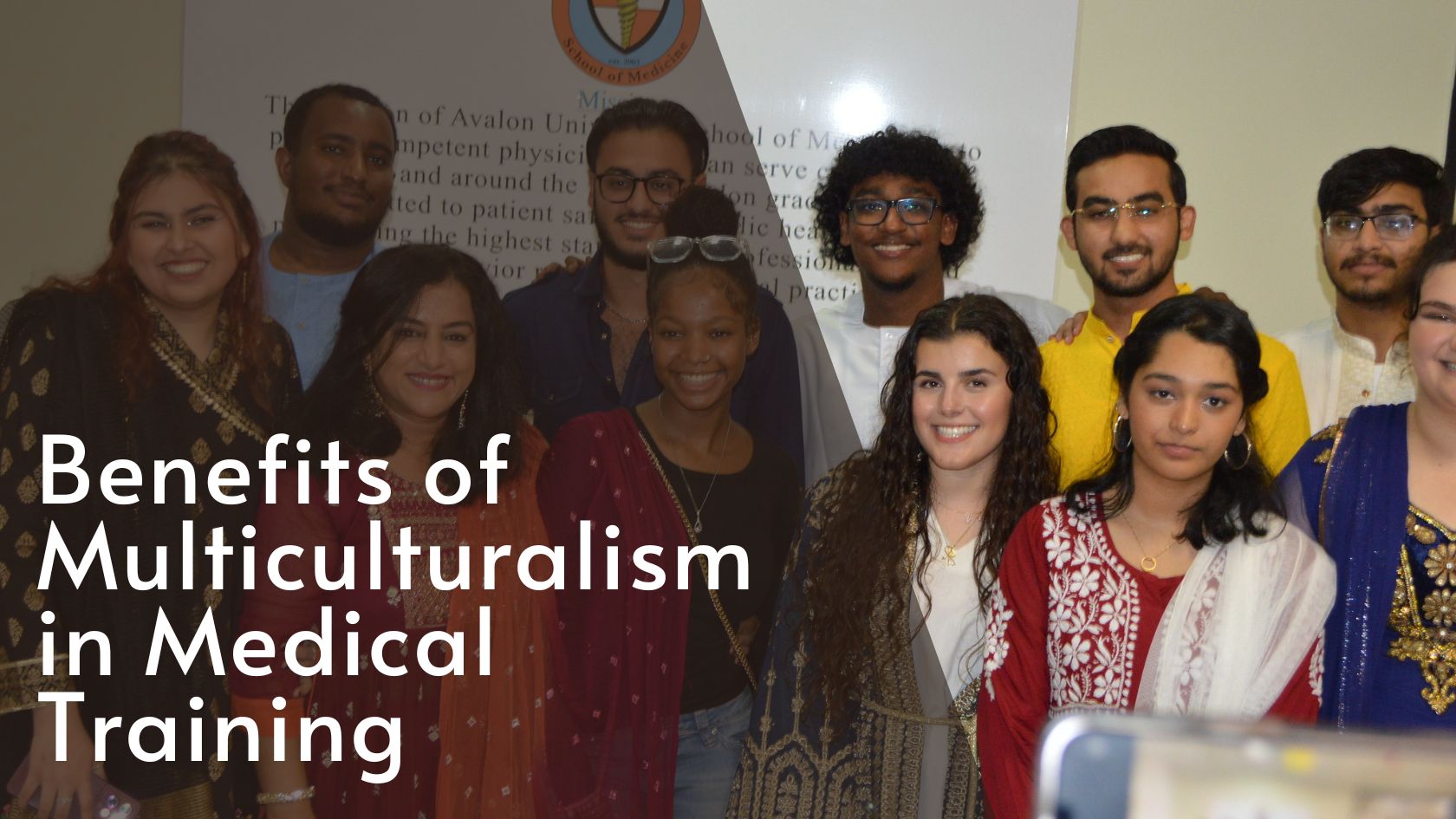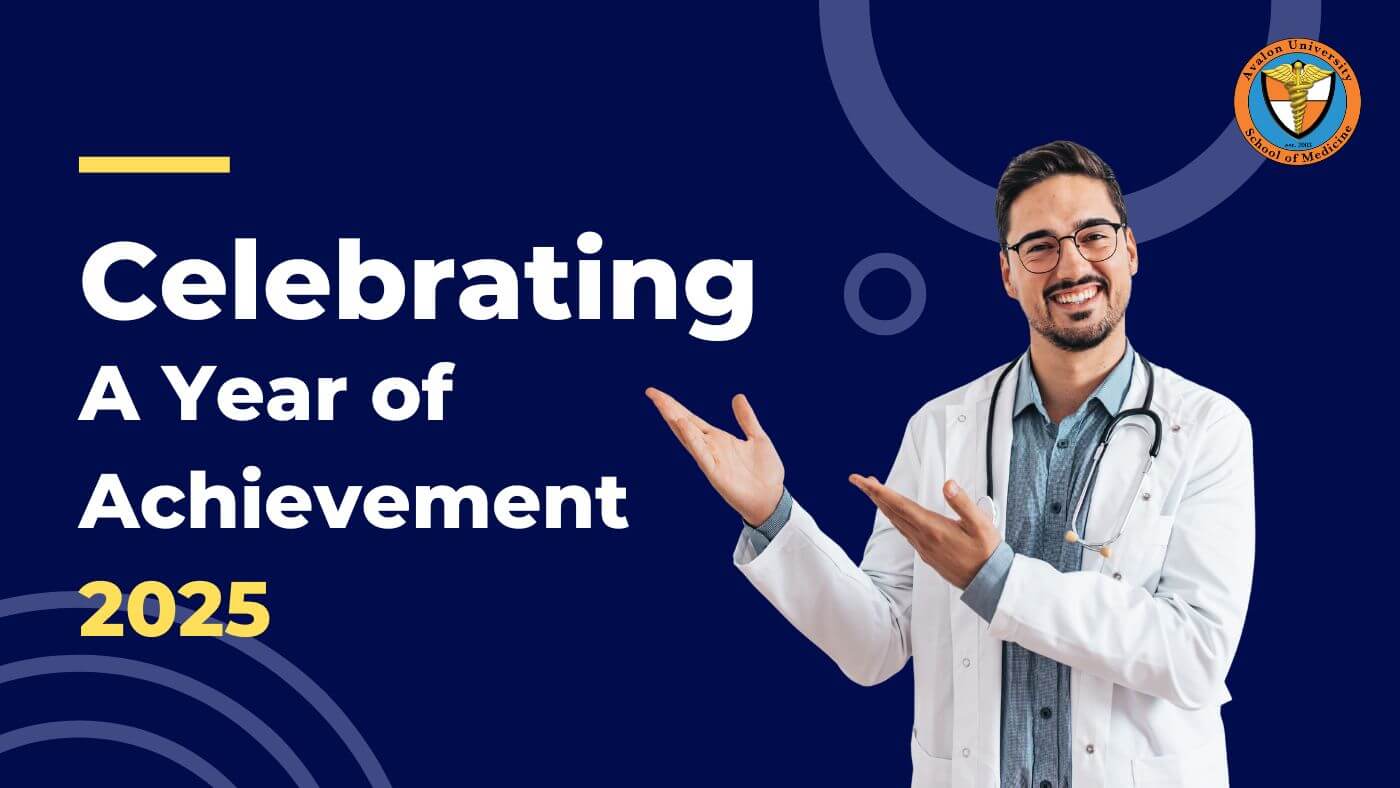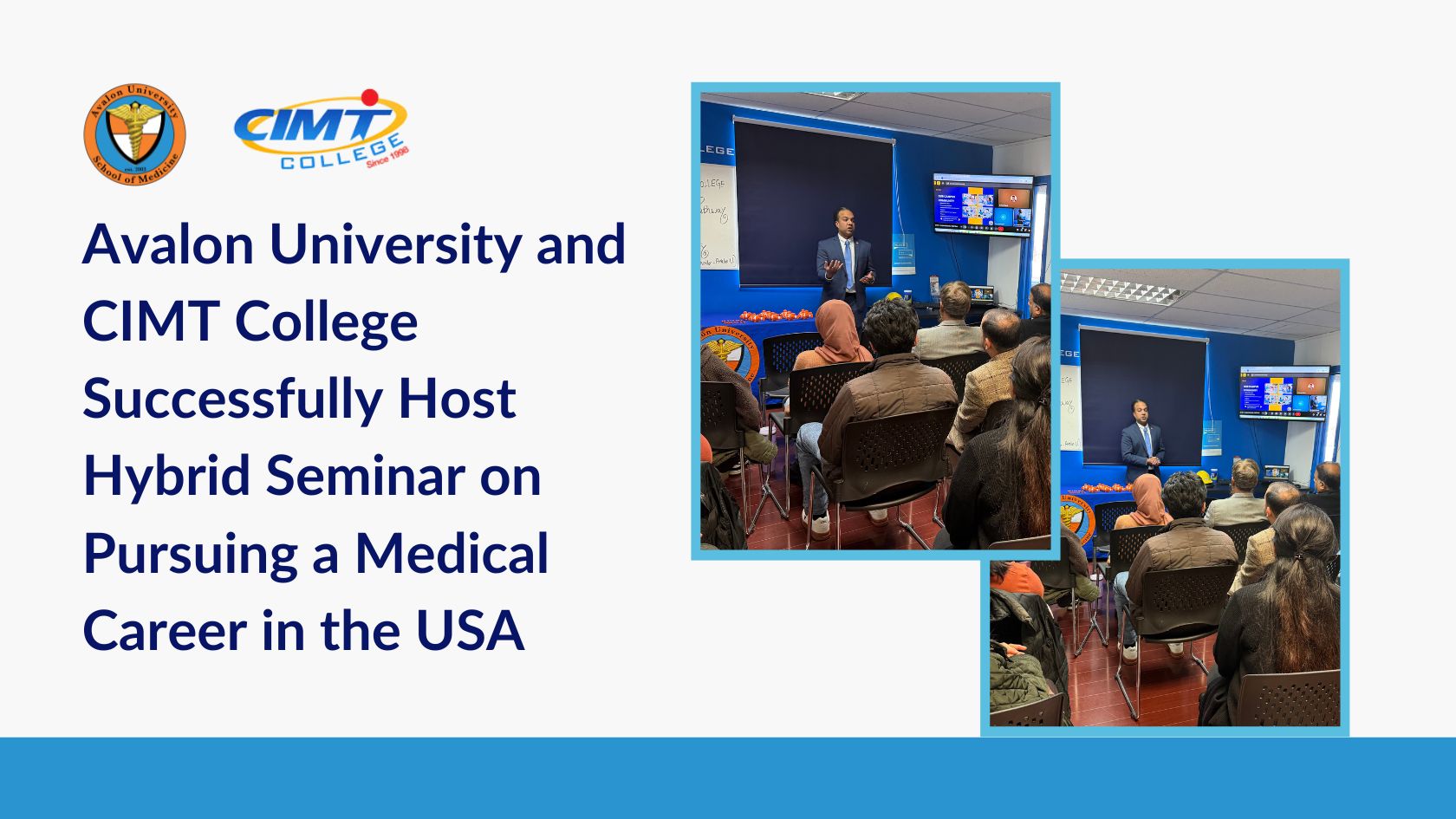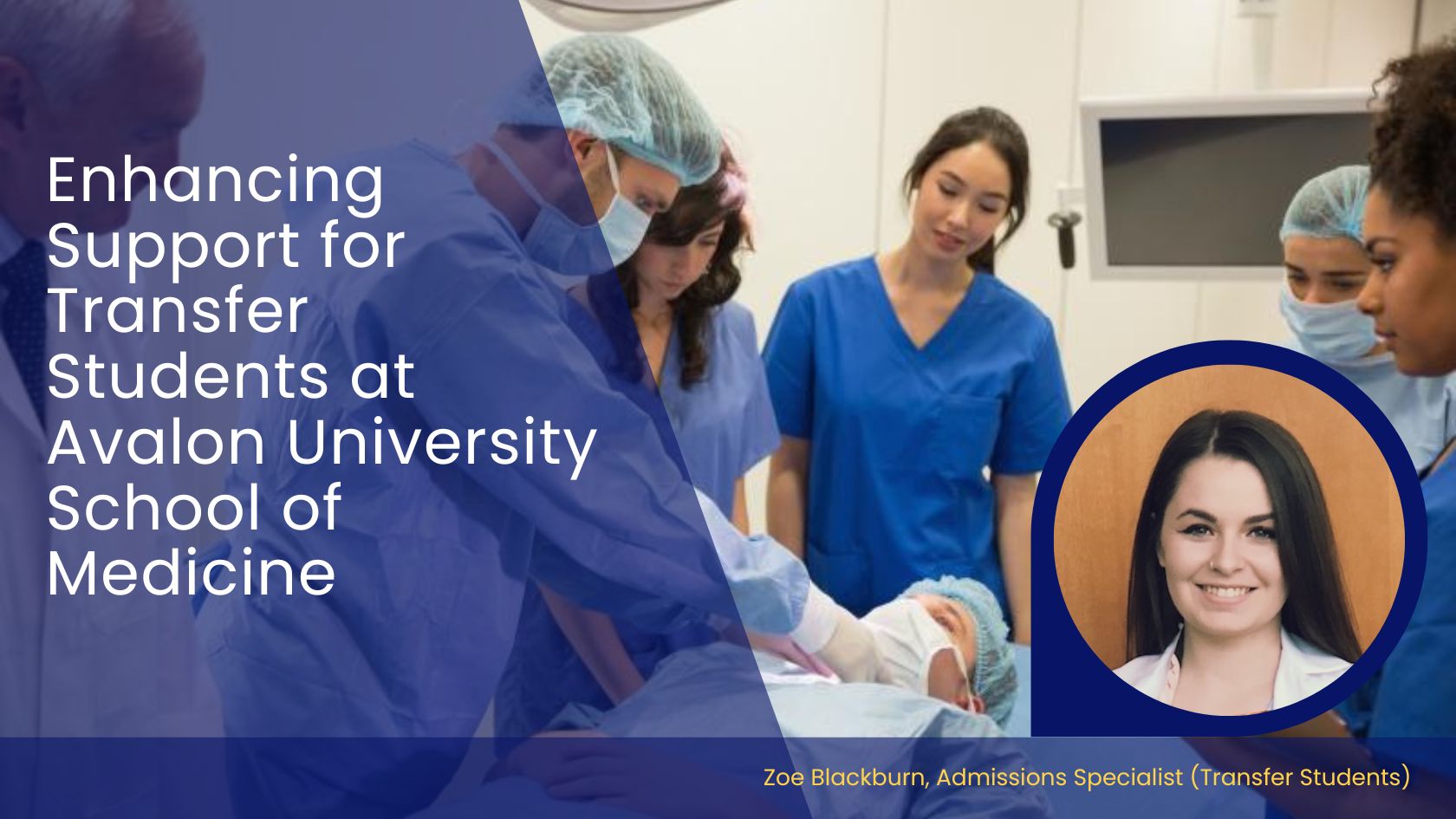As a future medical professional, you must be thinking that the most important aspect of learning how to become a doctor is the medical knowledge you spend your time learning. Although this is true, it is not the full picture. The world in the year 2024 has become more connected than ever before. People from all over the world and from all walks of life are neighbors. As future medical professionals, it is your duty to be prepared for anyone who walks through the door to sit at your exam table. The art of practicing medicine and providing care to patients is not only impacted by a doctor’s knowledge in the medical sciences but also the doctor’s ability to understand their patient on a cultural and social level.
It’s important to be able to bridge gaps in provider-patient communication which involves being able to properly socialize what the patient is experiencing. One barrier that this relationship faces is the difference of culture background between the provider and their patient. To be able to understand another person’s culture speaks to the ability of a doctor to provide crucial patient care.
For the necessary trust to be built, it’s important to understand the ways that culture can impact both giving and accepting medical care. Traditional or popular methods of care that are different from the western centric view of medicine is one of the more direct impacts . A patient will most likely seek remedies that are beyond the care prescribed by their provider. They can seek this additional care through popular methods (chiropractic, acupuncture, yoga, etc.) or rituals from religion. Understanding that this is something that the doctor may not be privy about is an important aspect of healthcare. A thorough understanding of a person’s cultural norms will lead to both a more trusting and productive relationship with the patient. This kind of relationship allows the doctor to obtain information which can impact the healthcare process.
Another aspect that may not be considered is a person’s willingness to reveal specific information due to cultural norms surrounding the subject matter. For example, in some cultures revealing information about one’s family problems is discouraged. This can prevent a clear family history from being revealed which can have implications for the patient’s health. As a future healthcare practitioner, understanding the culture of the person sitting in front of you can create important revelations for the process of care. Exposure during your medical school journey can set up future healthcare practitioners to understand how to navigate such terrain.
Language and choice of words is, additionally, an aspect of culture that can impact the ways in which a patient understands the information given. Western languages are dominated using nouns while many Aboriginal languages are dominated by verbs. This means that one may be used to describing the characteristics of something rather than their relationships between things. This describes a key difference between cultures if one views the world as a constant (which can be viewed in Western culture) versus a fluid existence (commonly found in Aboriginal cultures). Understanding this, it is the job of the doctor to describe information in a way a patient can understand as the patient’s understanding of treatment is crucial in providing care.
Going further, it is important to consider that you, the doctor, may not be aware of the fact that you are holding onto unconscious bias that could impact care. Despite possessing large amounts of objective scientific knowledge, a medical practitioner has these biases at the same rates as any other person. Often, it is hard to realize when one is making choices based upon these misconceptions. Known as implicit biases, it could happen due to time constraints while jumping between different patients clouding the doctor’s judgement to be able to get to all patients. Being able to directly confront one’s biases through exposure to culture can expel these misconceptions and learn methods to recognize them.
Here at Avalon University School of Medicine, we understand these as the challenges that can arise during our student’s medical care. Which is why Avalon strongly emphasizes cultural exposure and student diversity.
The bridge between cultures is an active part of campus life as students from many parts of the world interact with, live with, learn with, and befriend individuals of other cultures. Sometimes these are cultures that they previously had no knowledge of.
Exposure is an everyday aspect as students interact with professors and peers from across the world. There are also events held to celebrate various cultural holidays. For example, Avalon hosts an annual cultural event for all students to celebrate their culture through dress, dance, food, and much more.
Culture has a fascinating impact on how a person speaks, the information they are willing to reveal, and the remedies they will seek when afflicted with an illness. This outlines how culture plays a vital role in the healthcare process and why it’s so important to understand it when interacting with patients. That’s why it’s so important to make sure that the medical school you attend can provide, not only, knowledge on interacting with other cultures, but every day, practical experiences. At Avalon, every student can take advantage of opportunities to learn more about the world around them and aid in the education of their peers by expressing their culture on campus.





